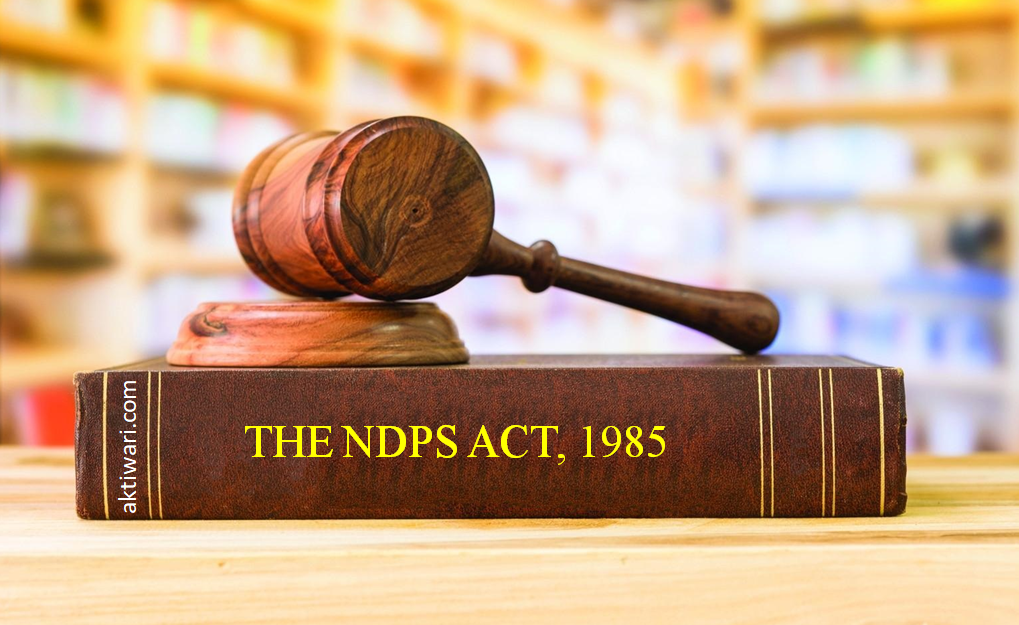Download Now
The Narcotic Drugs and Psychotropic Substances Act, 1985, commonly referred to as the NDPS Act, is an Act of the Parliament of India that prohibits a person the production / manufacturing / cultivation, possession, sale, purchasing, transport, storage, and/or consumption of any narcotic drug or psychotropic substance. The bill was introduced in the Lok Sabha on 23 August 1985. It was passed by both the Houses of Parliament, received assent from then President Giani Zail Singh on 16 September 1985, and came into force on 14 November 1985. The NDPS Act has since been amended thrice - in 1988, 2001 and 2014. The Act extends to the whole of India and it applies also to all Indian citizens outside India and to all persons on ships and aircraft registered in India.
The Narcotics Control Bureau was set up under the act with effect from March 1986. The Act is designed to fulfill India's treaty obligations under the Single Convention on Narcotic Drugs, Convention on Psychotropic Substances, and United Nations Convention Against Illicit Traffic in Narcotic Drugs and Psychotropic Substances.
Background : India had no legislation regarding narcotics until 1985. Cannabis smoking in India has been known since at least 2000 BC and is first mentioned in the Atharvaveda, which dates back a few hundred years BC. The Indian Hemp Drugs Commission, an Indo-British study of cannabis usage in India appointed in 1893, found that the "moderate" use of hemp drugs was "practically attended by no evil results at all", "produces no injurious effects on the mind" and "no moral injury whatever". Regarding "excessive" use of the drug, the Commission concluded that it "may certainly be accepted as very injurious, though it must be admitted that in many excessive consumers the injury is not clearly marked". The report the Commission produced was at least 3,281 pages long, with testimony from almost 1,200 "doctors, coolies, yogis, fakirs, heads of lunatic asylums, bhang peasants, tax gatherers, smugglers, army officers, hemp dealers, ganja palace operators and the clergy".
Cannabis and its derivatives (marijuana, hashish/charas and bhang) were legally sold in India until 1985, and their recreational use was commonplace. Consumption of cannabis was not seen as socially deviant behaviour, and was viewed as being similar to the consumption of alcohol. Ganja and charas were considered by upper class Indians as the poor man's intoxicant, although the rich consumed bhang during Holi. The United States began to campaign for a worldwide law against all drugs, following the adoption of the Single Convention on Narcotic Drugs in 1961. However, India opposed the move, and withstood American pressure to make cannabis illegal for nearly 25 years. American pressure increased in the 1980s, and in 1985, the Rajiv Gandhi government succumbed and enacted the NDPS Act, banning all narcotic drugs in India.
Short Title, Extent and Commencement: The short title for the Act is the Narcotic Drugs and Psychotropic Substances Act, 1985. It extends to the whole of India. It came into force after the Central Government notified it in the Gazette of India on 14 November 1985.
There are several types of laws in which we practice. Click Here, to see a comprehensive list of few prominent areas of law in which we specialise.


